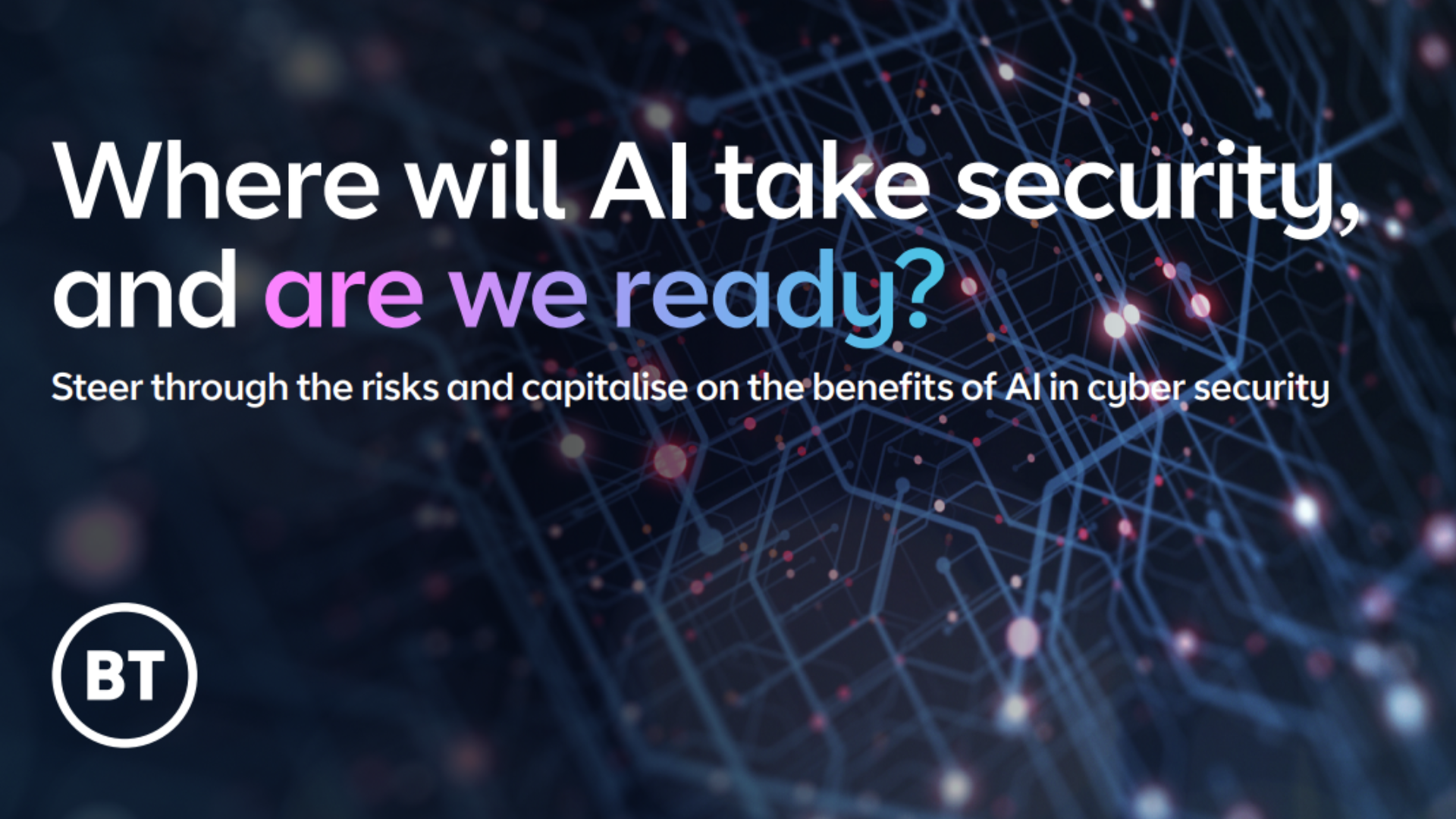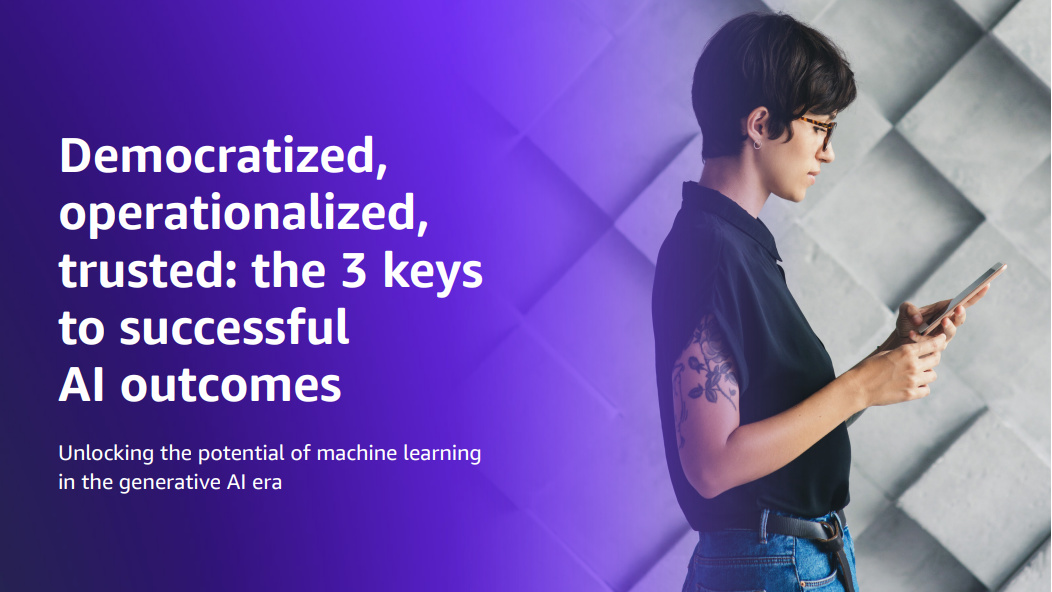What is an Enterprise Management System?
Learn about what an Enterprise Management System is and how it can make large organisations more efficient


Enterprise Management Systems (EMS), sometimes just known as Enterprise Systems (ES) are enterprise-scale application software packages which address the different software needs of large organisations - similar to ERP. They allow IT teams to support and manage large, complex and sometimes geographically-dispersed IT infrastructure and applications.
Most EMS solutions will include core business functions like financial processing, HR management, Customer Relationship Management (CRM), budgeting, sales activity and logistics and supply chain management. Most EMS tools are presented as a single package, but can also be bespoke systems created around an organisation's specific needs.
Enterprise Management Systems are designed primarily for large organisations, as the name suggests, and are usually not suitable for small or medium organisations due to implementation costs and the less complex IT infrastructure often found in smaller businesses.
What's the difference between EMS and ERP?
Some people may interchange the terms for Enterprise Management Systems and Enterprise Resource Management (ERP) but there are some significant differences. An EMS can include ERP as part of the package, but ERP itself is a standalone application that provides separate modules to address different back office functions.
Because EMS covers all the necessary business functions in one package, transfers of information from one section to another is fast and accurate. ERP systems are able to check stock, assist in planning and management and keep track of back office activities, but EM systems will then be able to go beyond this and monitor competitors, use real-time advanced data analytics to suggest new market areas and ways of engaging customers and keep track of the external relationships of an organisation.
Unlike ERP, EMS has no architecture, and its applications use information already available in an organisation's own database, allowing businesses to be much more efficient with their use of data.
Pros of an Enterprise Management System
One of the key benefits of an EMS is the reduction in the number of people needed to support complex IT infrastructure and business operations, as it's all bundled into one package and is therefore much easier to manage across the business. This in turn allows IT in the business to be an enabler rather than a cost.
Sign up today and you will receive a free copy of our Future Focus 2025 report - the leading guidance on AI, cybersecurity and other IT challenges as per 700+ senior executives
Unsurprisingly, an enterprise management system doesn't come cheap. However, because so many core functions are bundled together in one package, the cost of the whole system is normally cheaper than going to separate providers for tools for different areas of the business, and this is particularly true for larger businesses. Because these different functions are integrated and can all draw off each other, businesses can streamline their processes and improve collaboration across teams, which in turn creates efficiencies.
Because an EMS is cloud-based(ERP is also available in the cloud), it offers high scalability without the IT complexity. This is beneficial for enterprises that operate around the world, as it can scale to any size, and also simplifies the management of international trade across suppliers, contractors, partners and customers.
An EMS also draws on real-time data intelligence, meaning that business-critical decisions can be made using accurate information. Many EMS services on offer are both customisable and flexible, meaning that they can grow with a business as well as be ready for newer innovations, such as the Internet of Things.
Accelerating core business processes like procurement, inventory, sales and customer service with accurate data intelligence is a good way to ensure stable business growth as well as future-proof evolution over time.
Picture: Bigstock
Esther is a freelance media analyst, podcaster, and one-third of Media Voices. She has previously worked as a content marketing lead for Dennis Publishing and the Media Briefing. She writes frequently on topics such as subscriptions and tech developments for industry sites such as Digital Content Next and What’s New in Publishing. She is co-founder of the Publisher Podcast Awards and Publisher Podcast Summit; the first conference and awards dedicated to celebrating and elevating publisher podcasts.
-
 Trump's AI executive order could leave US in a 'regulatory vacuum'
Trump's AI executive order could leave US in a 'regulatory vacuum'News Citing a "patchwork of 50 different regulatory regimes" and "ideological bias", President Trump wants rules to be set at a federal level
-
 TPUs: Google's home advantage
TPUs: Google's home advantageITPro Podcast How does TPU v7 stack up against Nvidia's latest chips – and can Google scale AI using only its own supply?
-
 Future focus 2025: Technologies, trends, and transformation
Future focus 2025: Technologies, trends, and transformationWhitepaper Actionable insight for IT decision-makers to drive business success today and tomorrow
-
 Modern enterprise cybersecurity
Modern enterprise cybersecuritywhitepaper Cultivating resilience with reduced detection and response times
-
 Where will AI take security, and are we ready?
Where will AI take security, and are we ready?whitepaper Steer through the risks and capitalize on the benefits of AI in cyber security
-
 Empowering enterprises with AI: Entering the era of choice
Empowering enterprises with AI: Entering the era of choicewhitepaper How High Performance Computing (HPC) is making great ideas greater, bringing out their boundless potential, and driving innovation forward
-
 Achieving business outcomes with generative AI
Achieving business outcomes with generative AIWebinar Take your hybrid cloud journey to the next level with generative AI
-
 Capturing the Web 3.0 opportunity with crypto on-ramp
Capturing the Web 3.0 opportunity with crypto on-rampwhitepaper A payment method that lets users purchase their desired cryptocurrency
-
 B2B Tech Future Focus - 2024
B2B Tech Future Focus - 2024Whitepaper An annual report bringing to light what matters to IT decision-makers around the world and the future trends likely to dominate 2024
-
 The three keys to successful AI and ML outcomes
The three keys to successful AI and ML outcomesWhitepaper Unlocking the potential of machine learning in the generative AI era
